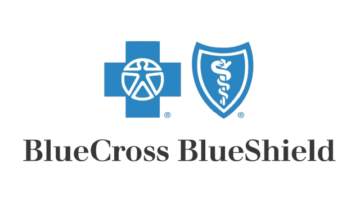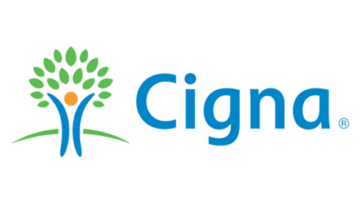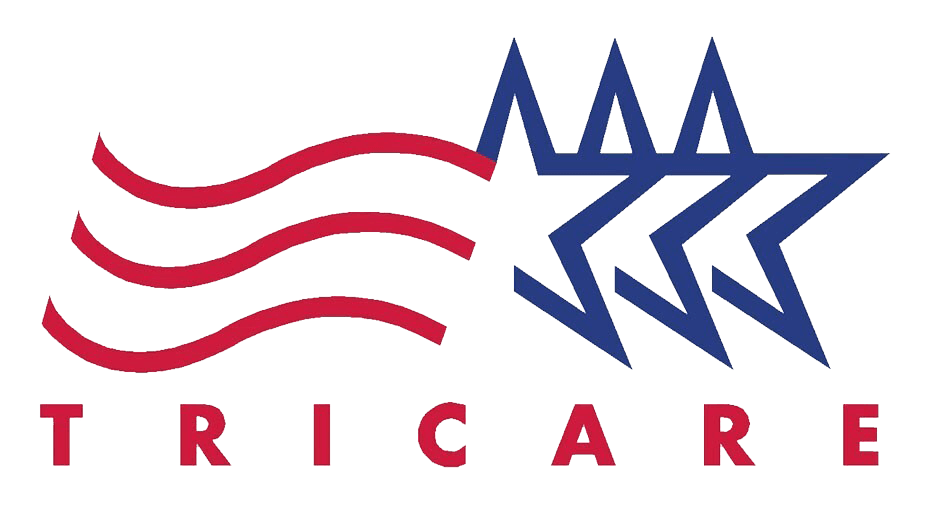It’s estimated that 7.7 million American adults have PTSD, but only a fraction of them receive treatment. This may be because many people are unaware of what PTSD is, or they don’t know that there is help available. In this article, we will discuss what post-traumatic stress disorder is, its symptoms and possible treatments from a PTSD rehab.
PTSD is a mental health condition that can develop after someone experiences or witnesses a traumatic event. This event can be something as major as military combat or child abuse, or it can be something as minor as a car accident. Regardless of the cause, people with PTSD often relive the event through nightmares and flashbacks, and they may avoid anything that reminds them of the trauma. They may also feel constantly on edge, anxious and irritable. It’s important to know that treatment is available and you can find a PTSD rehab.
What Causes PTSD?
As we mentioned, PTSD can be caused by any type of traumatic event. This could be something that happened to you personally, or it could be something that you witnessed. It’s important to remember that not everyone who experiences a traumatic event will develop PTSD. It’s thought that a combination of genetic, psychological and social factors play a role in who does and doesn’t develop the condition.
For example, if you have a history of mental health conditions, you may be more likely to develop PTSD after a traumatic event. This is because your brain may react to the trauma differently than someone without a mental health condition. Psychological factors, such as how you perceive the event and how well you cope with stress can also play a role. Social factors, such as whether or not you have a support system, can also affect your risk of developing PTSD. If you don’t have people to talk to about what happened, you may be more likely to develop the condition.
It’s important to be aware of the symptoms of PTSD so that you can get help if you need it. The most common symptoms are:
- Re-experiencing the event through flashbacks or nightmares
- Avoiding anything that reminds you of the event
- Having negative thoughts and feelings about yourself, other people or the world
- Feeling constantly on edge and being easily startled
- Experiencing physical symptoms, such as a racing heart or sweating
Since everybody experiences trauma differently, some symptoms can go much deeper then what has been mentioned and can require professional help for identifying.
What Are the Symptoms of PTSD?
Everyone experiences trauma differently, so not everyone who has PTSD will have the same symptoms. This can make identifying PTSD sometimes difficult and hard to recognize within yourself. However, there are four main types of symptoms: intrusive thoughts, avoidance, negative changes in thinking and mood.
Intrusive thoughts are perhaps the most defining symptom of PTSD. These are thoughts, images or memories of the traumatic event that come into your mind without you wanting them to. You may have flashbacks, which are when you feel like you’re reliving the event. For example, you may hear a loud noise and think it’s a bomb going off. You may also have nightmares about the event.
Avoidance is another common symptom of PTSD. This can manifest itself in different ways, but essentially, you’re trying to avoid anything that reminds you of the trauma. This may mean avoiding people, places or things that remind you of the event. For example, if you were in a car accident, you may avoid driving or being a passenger in a car. You may also try to numb your feelings by drinking alcohol or using drugs.
Negative changes in thinking and mood are also common in people with PTSD. You may have negative thoughts about yourself or the world around you. For example, you may think that the world is a dangerous place and that people can’t be trusted. You may also feel detached from other people or have difficulty experiencing positive emotions. You may feel numb, hopeless or even depressed.
Mood swings are also common, and you may find yourself feeling angry, irritable or easily agitated. You may have trouble sleeping or concentrating. You may also start to take more risks than you normally would.
If you are experiencing any of these symptoms, it’s important to seek help from a mental health professional. PTSD can be a very debilitating condition, but treatment is available and you can get better.
What Treatment Is Available for PTSD?
Rehab centers for PTSD offer a variety of treatments that can help people manage their symptoms and start living healthier, happier lives. These treatments may include therapy, medication, and other complementary therapies. If you’re considering a PTSD rehab, it’s important to find a center that offers a program that’s right for you. The staff at a PTSD rehab center will be able to help you understand your options and choose the best course of treatment for your needs. With the right help, you can start to heal the trauma of your past and move on with your life.
The most common is cognitive behavioral therapy (CBT), which is a type of talk therapy. CBT can help you to change the negative thoughts and beliefs that you have about the world and yourself. It can also help you to deal with the memories of the trauma in a more healthy way. Other types of therapy that may be used to treat PTSD include eye movement desensitization and reprocessing (EMDR), exposure therapy, and trauma-focused cognitive behavioral therapy (TF-CBT).
In addition to therapy and medication, there are other complementary therapies that can be helpful for treating PTSD. These therapies can include art therapy, yoga, and acupuncture. Complementary therapies can help to reduce stress and promote relaxation. They can also be used in conjunction with other treatments to provide a more holistic approach to healing.
Existential crises are common among our clients at Omega Recovery. These feelings of emptiness often lead to toxic habits and behaviors. In these cases, existential exploration and finding a sense of life purpose is critical in the healing process. We offer all of the therapies and treatments need to address issues related to PTSD, addiction, and mental health. If you or a loved one is struggling, we can help. Contact us today to learn more about our program and how we can help you heal.







